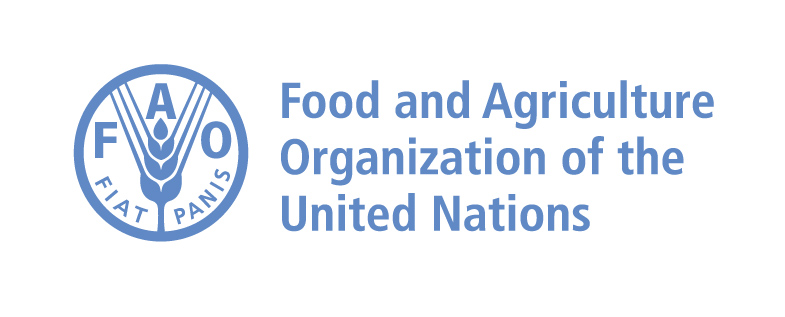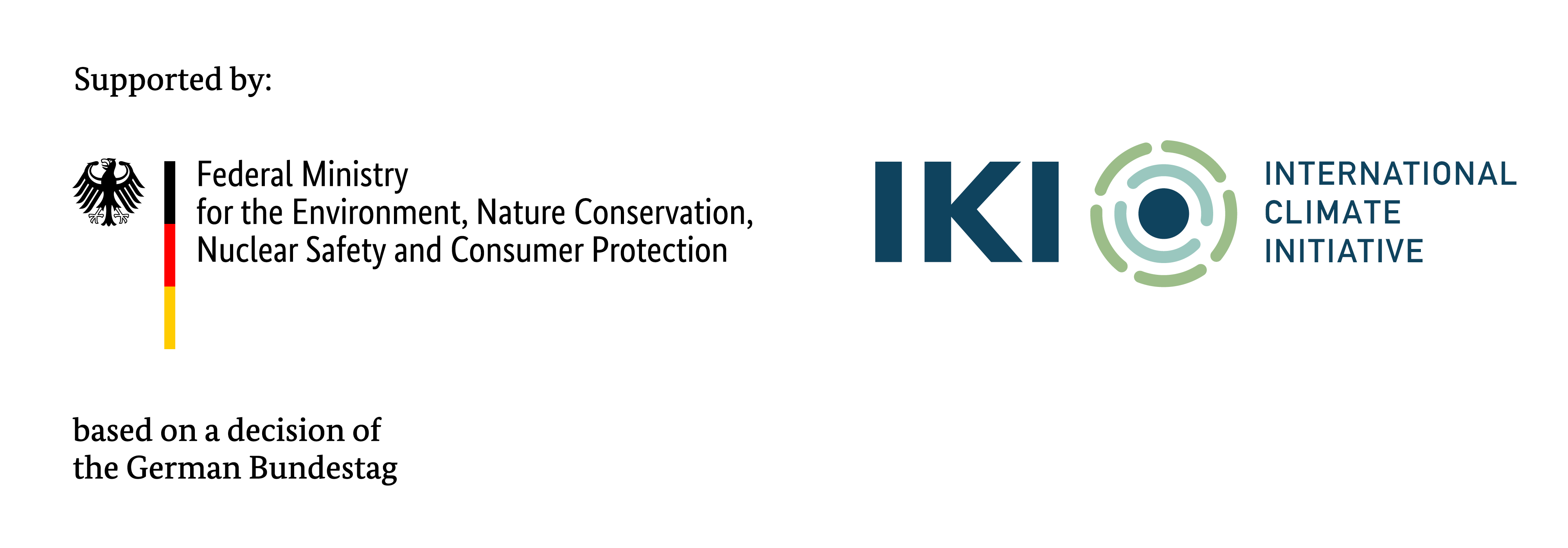SCALA Argentina
Project Overview
Argentina is considered a high-income economy with a GDP of US$600 billion in 2016 and a population of over 44 million. In the last decades, the country has experienced marked growth in its agriculture and food sectors, accounting to 54 percent of its land use, and playing a strategic role in the socio-economic development of the country, with 54 percent of employment. Agriculture and animal husbandry and fragile ecosystems are also especially vulnerable to the intensification of extreme climate events, affecting the production and supply of food on a national and global scale. The country is considered a top emitter for agriculture, forestry and other land use sectors, contributing to 2.1 percent of the global emissions, and with domestic emissions made up of livestock (21.6 percent); agriculture (5.8 percent) and land-use change and forestry (9.8 percent).
Project Details
Argentina’s agriculture is highly innovative and has much to offer in terms of win-win climate actions. It has great potential to scale up actions and production processes that will simultaneously cut mitigate emissions and enhance resilience to improve productivity. Argentina is one of the 100 countries being supported by UNDP’s Climate Promise to enhance their NDCs. The country is also part of FAO’s Sub-Regional Project on "Low Emission Livestock, a contribution to the Sustainable Development of the Sector in South America”, and many other projects related to climate management.
The government of Argentina considers the SCALA programme as strong support for the revision of its NAP in the agricultural sector, and to carry out actions that allow the implementation and achievement of the commitments established in the country’s NDC. The programme will leverage participatory methods to address Argentina’s institutional and financial barriers, which allow for a transformative shift in the agriculture and land use sectors. Moreover, to engage and mobilize the private sector to increase its investments in climate action. With the SCALA programme supporting Argentina over the next five years, UNDP and FAO will strive to foster a more inclusive multi-stakeholder process that eventually meets the needs of smallholder farmers, rural communities, women, and youth, who are the most vulnerable to climate change.


